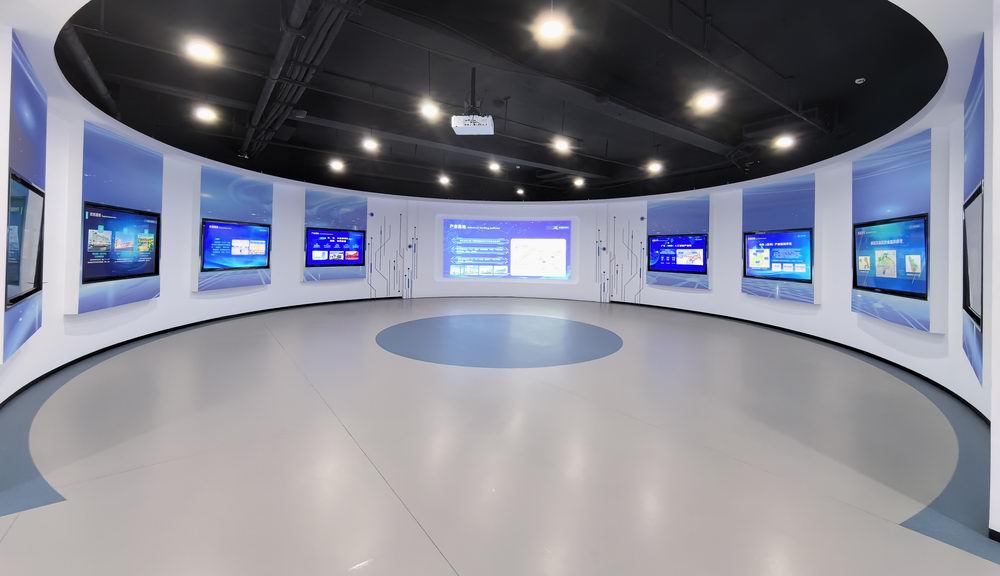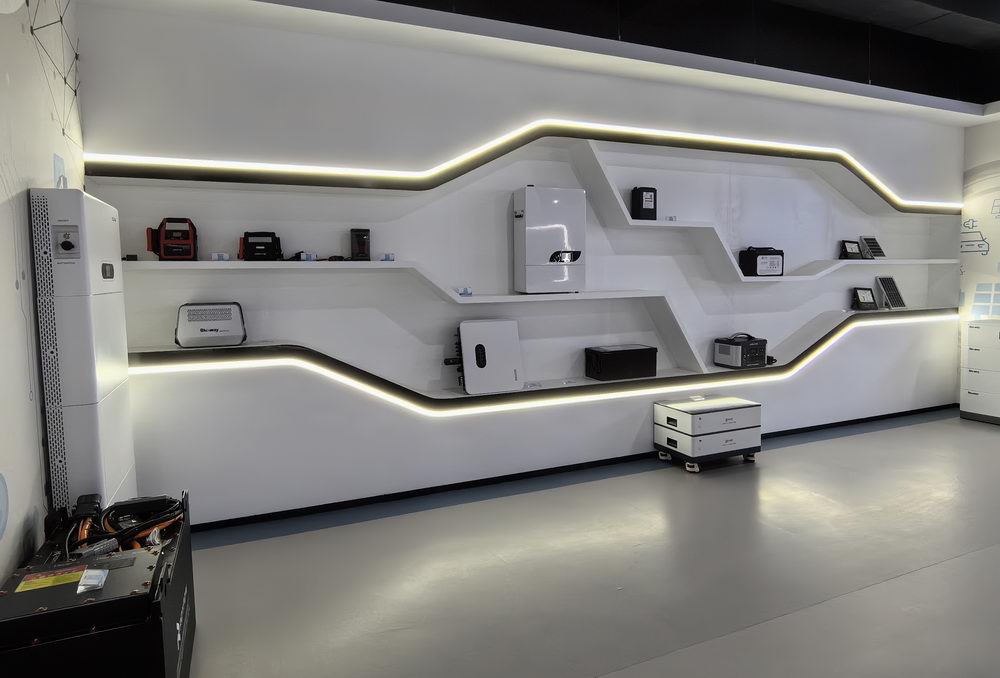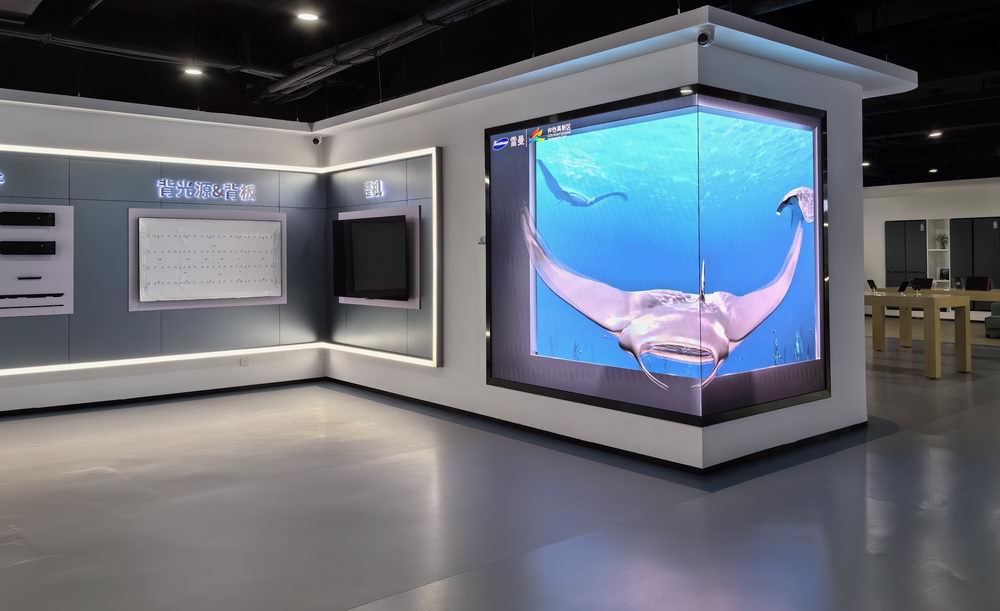How to Integrate Digital Tools with Sustainable Development

Digital tools are revolutionizing business operations, providing fresh opportunities for sustainable development. These tools, such as data analytics, IoT, and AI, enhance efficiency and minimize environmental impact. The incorporation of digital tools into sustainability initiatives is of significant importance. For example, Teradata leverages digital tools to improve resource efficiency through virtual workplaces.
The Sustainable Development Experimental Zone within the Zhongkai High-tech Zone is a prime example of this integration. The electronic information cloud platform aids enterprises by fostering growth and innovation. Data is pivotal in offering insights and pinpointing inefficiencies, thereby encouraging sustainable practices.
Understanding Digital Tools in the Context of Sustainability

Types of Digital Tools
Data Analytics and Big Data
Data analytics and big data play a crucial role in sustainability. Companies use these tools to track resource consumption and identify inefficiencies. This approach leads to smarter decisions and reduced waste. For instance, businesses can analyze energy usage patterns to cut down on unnecessary consumption. The insights gained help organizations become more eco-friendly.
Internet of Things (IoT)
The Internet of Things connects devices, creating smart networks that enhance efficiency. IoT sensors monitor environmental conditions and optimize processes. Factories use IoT to control machinery, reducing energy use and emissions. This technology supports sustainable practices by providing real-time data and automation.
Artificial Intelligence (AI)
Artificial intelligence offers powerful solutions for sustainability challenges. AI models predict environmental impacts and suggest improvements. Companies apply AI to manage supply chains, ensuring minimal waste and optimal resource use. AI-driven innovations contribute to a more sustainable future by enhancing operational efficiency.
Role of Digital Tools in Sustainable Development
Enhancing Efficiency
Digital tools streamline operations and boost productivity. Businesses adopt digital alternatives to minimize resource use. This shift not only benefits the environment but also improves customer convenience and accessibility. Organizations that embrace digital transformation often see enhanced performance and sustainability.
Reducing Environmental Impact
Digital technologies address environmental challenges effectively. Advanced modeling and simulations aid in disaster recovery planning. Companies commit to sustainable digitalization by mitigating negative impacts like emissions and e-waste. Prioritizing eco-friendly practices contributes to a healthier planet.
Promoting Social Equity
Digital tools promote social equity by bridging gaps in access and opportunity. Technologies provide platforms for education and skill development. Communities benefit from increased connectivity and resources. By focusing on inclusivity, digital solutions foster a fairer society.
Scientific Research Findings:
Digital technologies offer innovative solutions for environmental challenges.
Digital sustainability mitigates negative impacts like emissions and e-waste.
Digital transformation enhances organizational performance and sustainability.
The Zhongkai High-tech Zone exemplifies successful integration of digital tools. The National Foreign Trade Transformation and Upgrading Base, with its electronic information cloud platform, supports enterprises in the zone. This platform fosters growth and innovation, helping businesses thrive sustainably.
Sustainable Development Experimental Zone
Huizhou Zhongkai High-tech Zone
The Huizhou Zhongkai High-tech Zone stands as a beacon for innovation and technological advancement. This zone attracts high-tech enterprises, research institutions, and skilled individuals. The environment fosters economic development and technological progress. Enterprises find a nurturing ground for growth and innovation here.
National Foreign Trade Transformation
The National Foreign Trade Transformation initiative plays a pivotal role in the Huizhou Zhongkai High-tech Zone. This initiative supports businesses in adapting to global market changes. Companies benefit from resources that help them innovate and expand their reach. The transformation base provides essential tools for enterprises to thrive in international trade.
Upgrading Base
The upgrading base within the zone enhances industrial capabilities. This base attracts investments from advanced manufacturing companies. Businesses gain access to cutting-edge technologies and practices. The focus remains on promoting innovative industries and sustainable practices.
Electronic Information Cloud Platform
The electronic information cloud platform serves as a vital component of the Huizhou Zhongkai High-tech Zone. This platform integrates seamlessly with local initiatives. Enterprises leverage this platform to streamline operations and enhance productivity. The cloud platform offers a robust infrastructure for data management and analysis.
Integration with Local Initiatives
Local initiatives find a strong ally in the electronic information cloud platform. The platform supports projects aimed at sustainability and innovation. Businesses collaborate with local authorities to implement eco-friendly practices. The integration fosters a community focused on sustainable development.
Benefits for Sustainable Development
The electronic information cloud platform brings numerous benefits to sustainable development. Enterprises reduce waste and optimize resource use through data-driven insights. The platform aids in monitoring environmental impact and improving efficiency. Companies committed to sustainability find valuable support in this technological tool.
Case Studies of Successful Integration

Smart Cities
Energy Management
Smart cities use digital tools to manage energy efficiently. Sensors and data analytics help monitor energy consumption. Cities can reduce waste by optimizing energy use. This approach leads to cost savings and a smaller carbon footprint. For example, smart grids adjust electricity flow based on demand. This ensures that resources are used wisely.
Waste Reduction
Digital solutions play a key role in waste management. IoT devices track waste levels in real-time. This information helps cities plan collection routes more effectively. Efficient waste management reduces pollution and conserves resources. Smart bins alert authorities when they need emptying. This system minimizes unnecessary trips and fuel usage.
Agriculture and Food Security
Precision Farming
Precision farming uses IoT sensors to gather data from fields. Farmers receive insights on soil health and weather patterns. This information allows for informed decision-making. Crops receive the right amount of water and nutrients. The UNDP’s Accelerator Lab highlights IoT's role in improving water efficiency. This method supports sustainable agriculture by optimizing resource use.
Supply Chain Optimization
Digital tools streamline agricultural supply chains. Data analytics track produce from farm to market. This transparency ensures quality and reduces waste. Farmers and distributors coordinate better, reducing delays. Efficient supply chains improve food security and reduce costs. Consumers benefit from fresher products and lower prices.
Challenges and Considerations
Technological Barriers
Infrastructure Limitations
Infrastructure plays a crucial role in digital integration. Many regions face outdated systems that hinder progress. Modern technology requires robust networks and facilities. Companies in the Zhongkai High-tech Zone benefit from advanced infrastructure. The electronic information cloud platform supports seamless operations. Businesses thrive with access to cutting-edge resources.
Digital Divide
The digital divide presents a significant challenge. Not everyone has equal access to digital tools. This gap affects economic growth and social equity. Bridging this divide requires targeted efforts. Initiatives in the Zhongkai High-tech Zone aim to provide equal opportunities. Access to technology empowers enterprises and communities alike.
Ethical and Privacy Concerns
Data Security
Data security remains a top priority. Organizations must protect sensitive information. Breaches can lead to severe consequences. The electronic information cloud platform offers robust security measures. Enterprises trust this system to safeguard their data. Secure platforms foster confidence and innovation.
Ethical Use of AI
Ethical considerations in AI are essential. Companies need clear guidelines for responsible use. AI can solve global issues but requires careful management. The moral relationship between technology and users guides decisions. Organizations in the Zhongkai High-tech Zone focus on ethical practices. Responsible AI use contributes to sustainable development.
Strategies for Effective Integration
Policy and Regulation
Government Initiatives
Governments play a crucial role in integrating digital tools with sustainable development. They create policies that encourage businesses to adopt eco-friendly technologies. The Biden-Harris Administration has taken steps to use technology and data to improve environmental reviews. This initiative helps streamline processes and enhances transparency. Governments can also provide incentives for companies that prioritize sustainability. These efforts make it easier for businesses to transition to greener practices.
International Collaboration
International collaboration boosts the effectiveness of digital integration. Countries can share knowledge and resources to tackle global challenges. Collaborative efforts lead to the development of standardized practices. These practices ensure that digital tools are used responsibly and effectively. Organizations like the United Nations promote international cooperation for sustainable development. Working together, countries can achieve common goals and drive positive change.
Education and Training
Skill Development Programs
Skill development programs equip individuals with the necessary knowledge to use digital tools. These programs focus on teaching people how to leverage technology for sustainability. Companies in the Zhongkai High-tech Zone benefit from such initiatives. Employees gain valuable skills that enhance productivity and innovation. Skill development programs create a workforce ready to tackle environmental challenges.
Public Awareness Campaigns
The Zhongkai High-tech Zone uses these campaigns to promote its electronic information cloud platform. This platform supports enterprises by providing valuable resources and insights.
Integrating digital tools with sustainable development is crucial for future progress. The Zhongkai High-tech Zone's electronic information cloud platform exemplifies this by supporting enterprises and fostering innovation. Stakeholders should embrace digital solutions to enhance environmental performance and drive growth. The role of technology in sustainability will continue to expand, offering new opportunities for efficiency and eco-friendly practices. Strategic planning and innovation will overcome challenges, making digital sustainability a standard for organizations. Embracing this transformation ensures a more sustainable and prosperous future for all.
See Also
Maximizing Growth Potential in High-tech Zones
Fostering Innovation at Huizhou Zhongkai High-tech Zone
Promoting Collaboration at Huizhou Zhongkai High-tech Zone
Zhongkai High tech Zone National foreign trade transformation and Upgradi Base(Electronic Information)Cloud Platform.
Address: Zhongkai High-tech Zone,Huizhou City ,Guangdong,China
E-mail: huizhoueii@163.com 13510001271@163.com
Tel: +86-0752-3279220 Mobile: +86-13510001271


